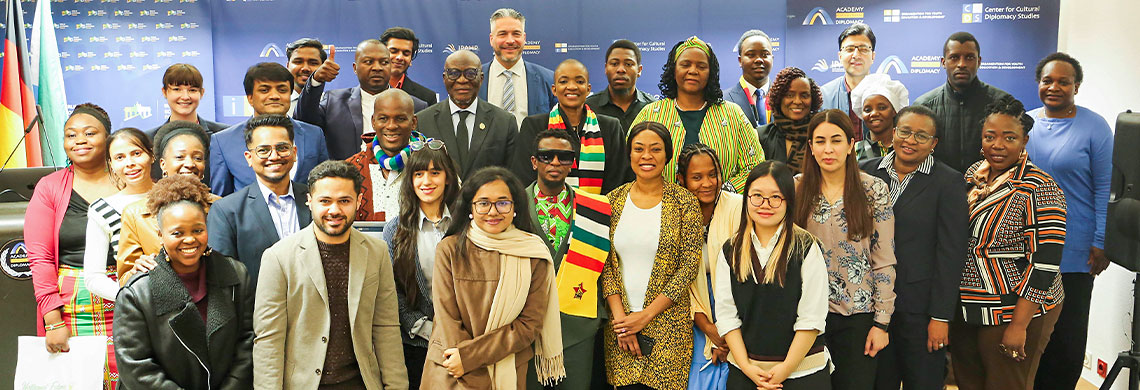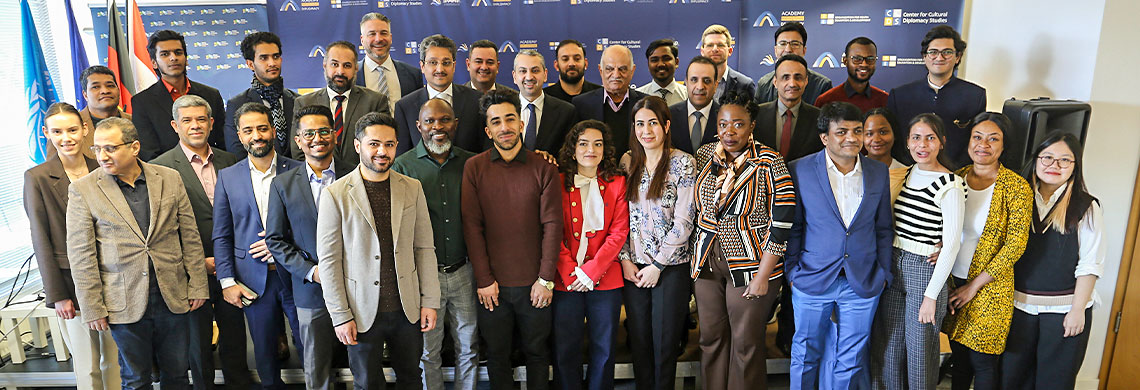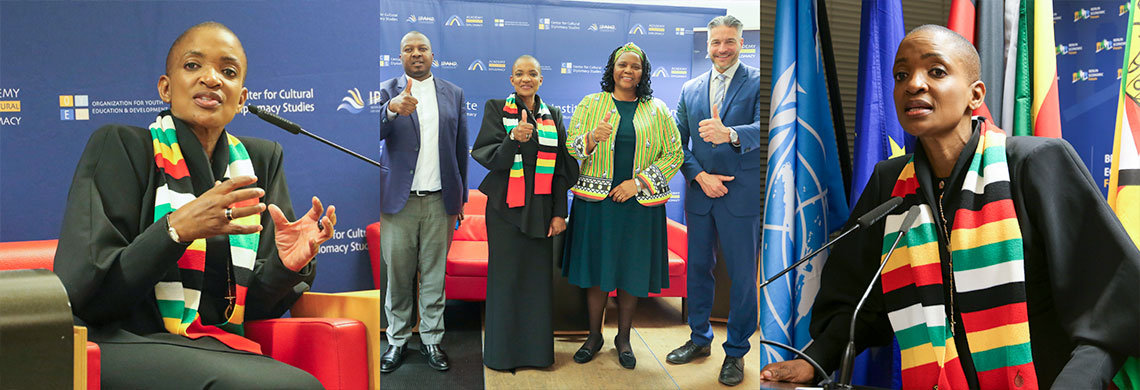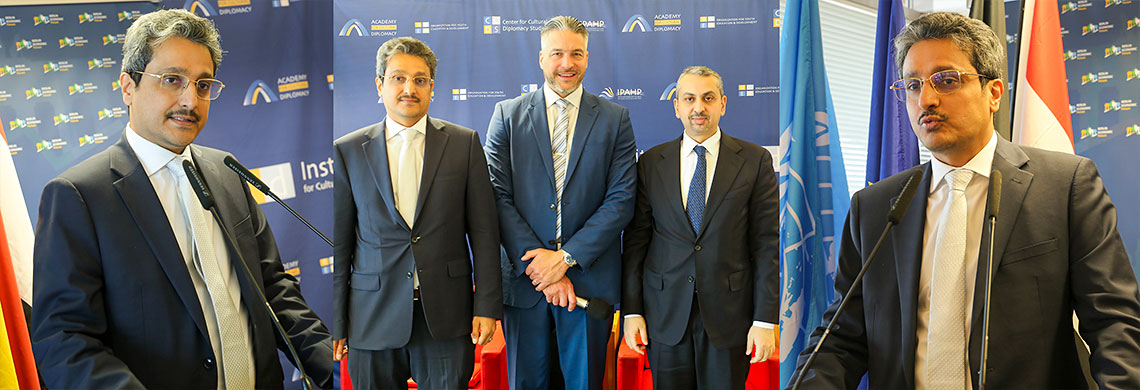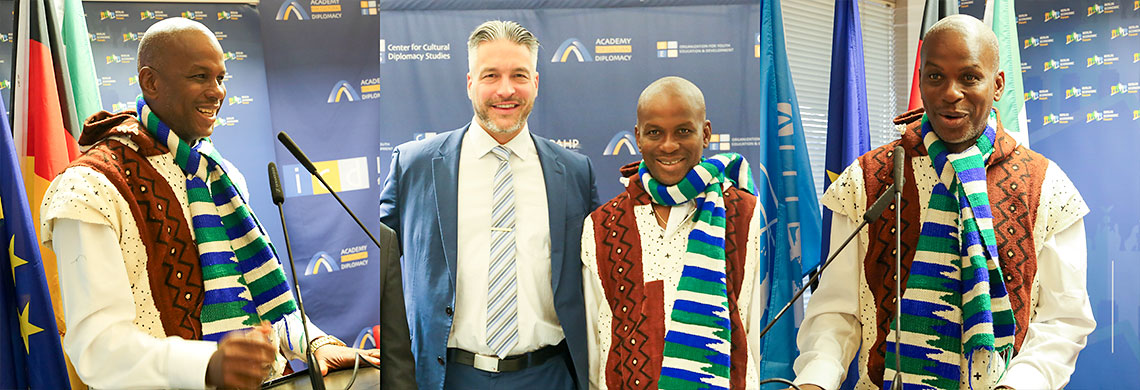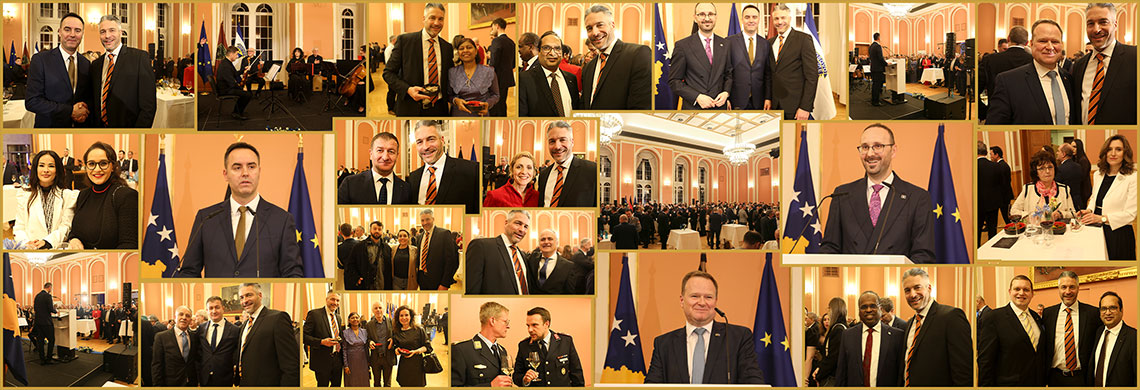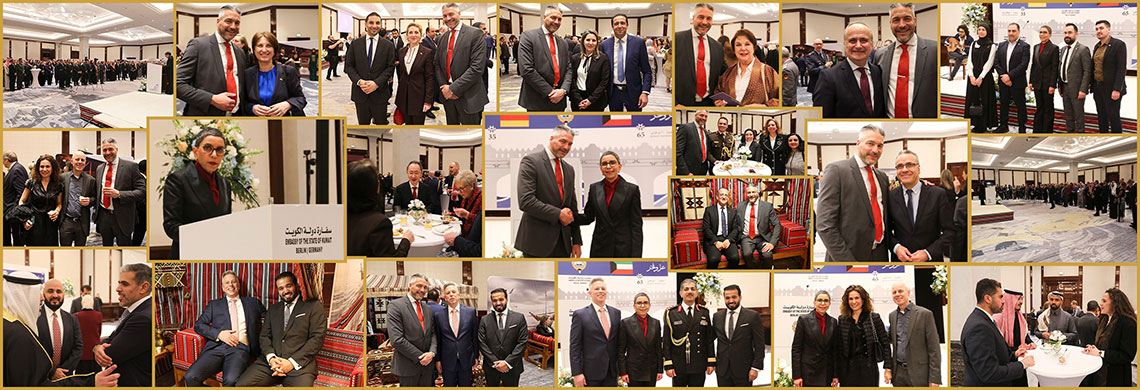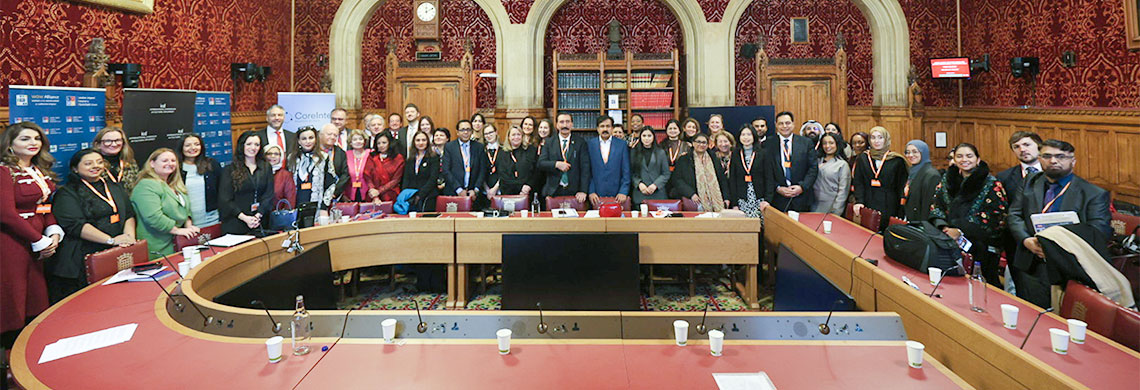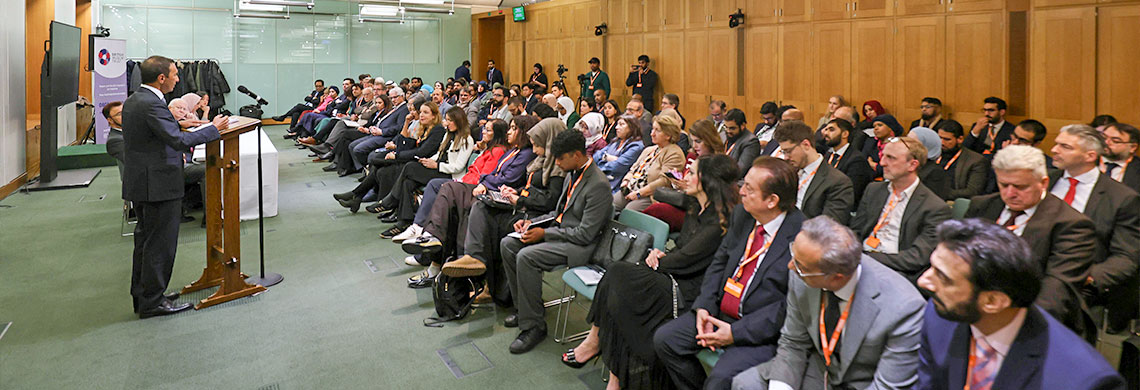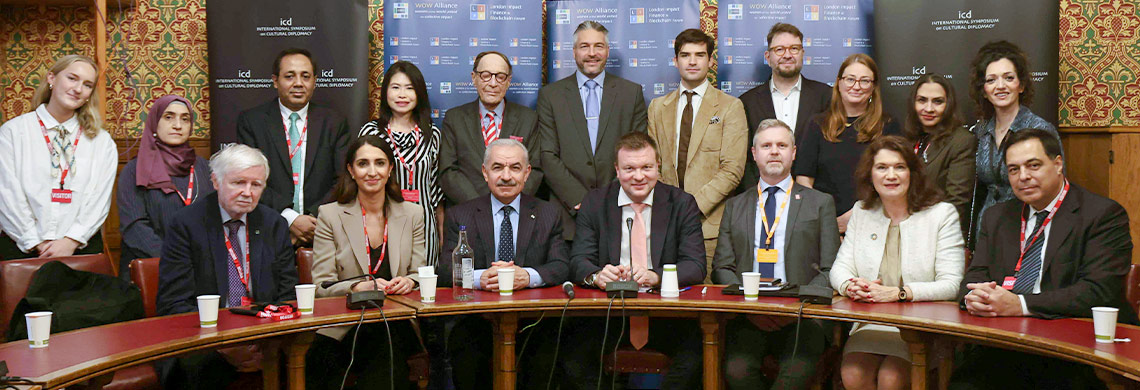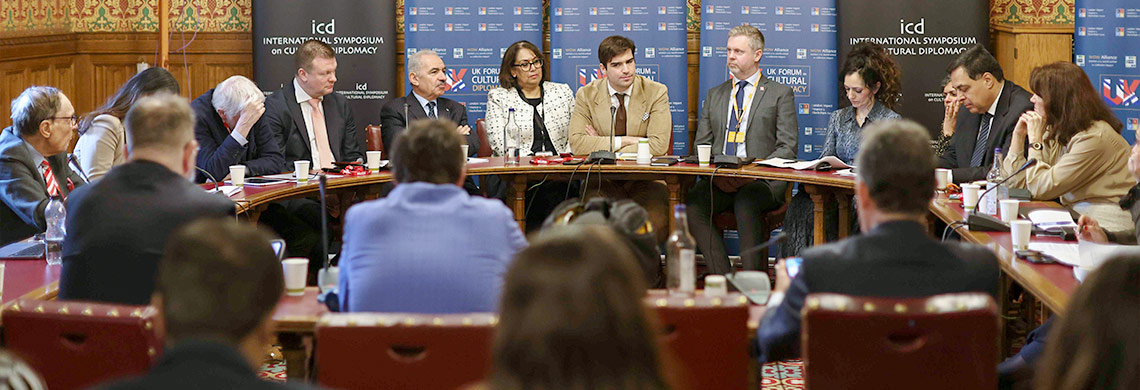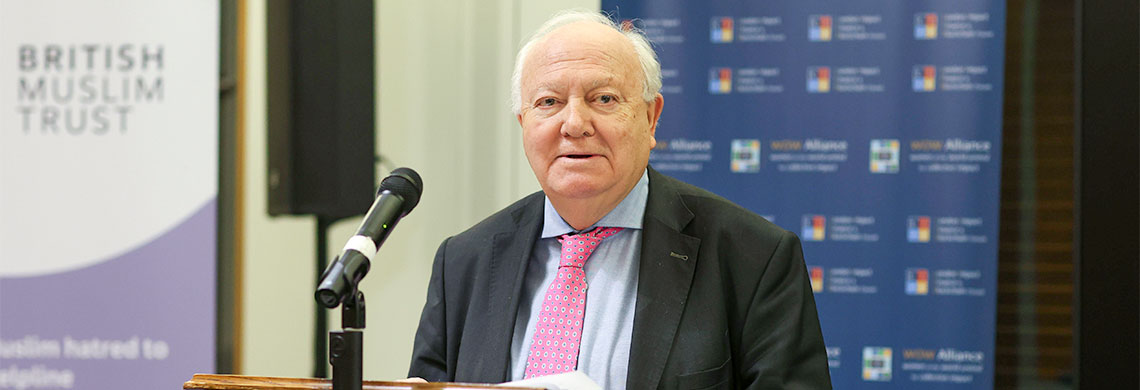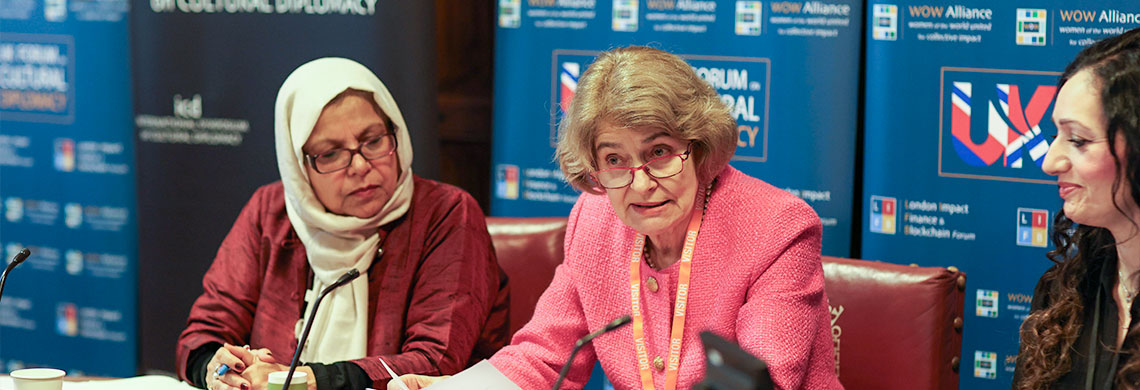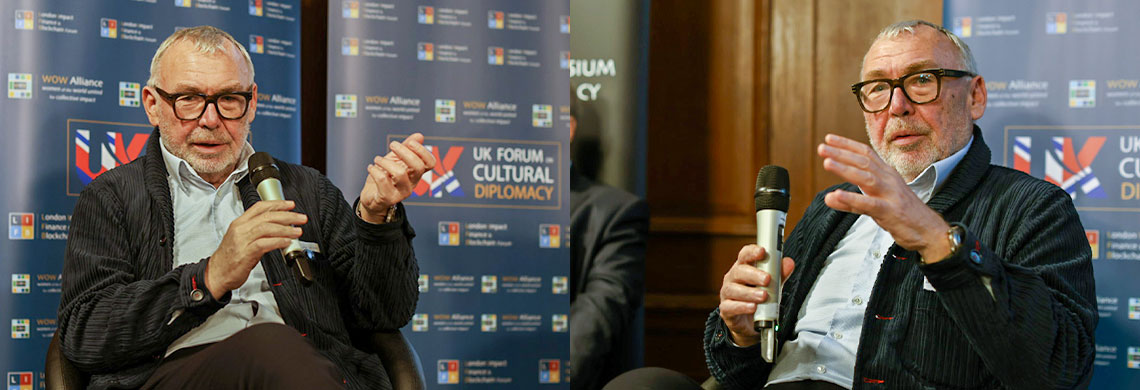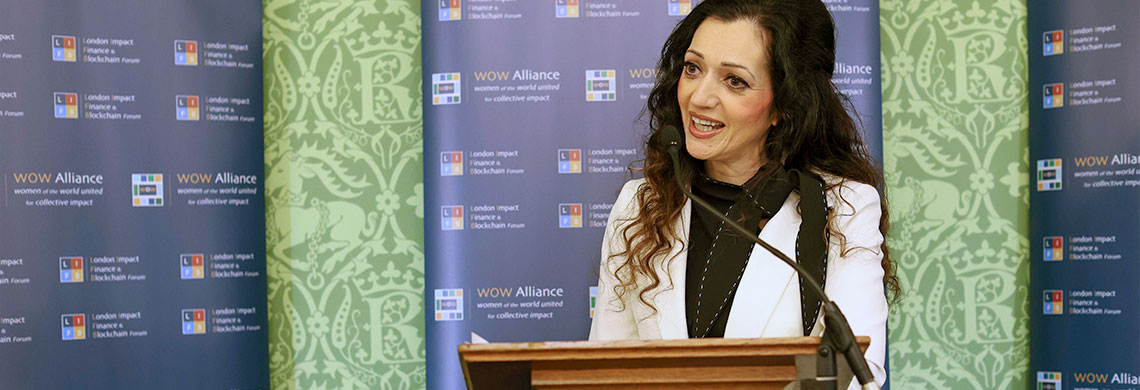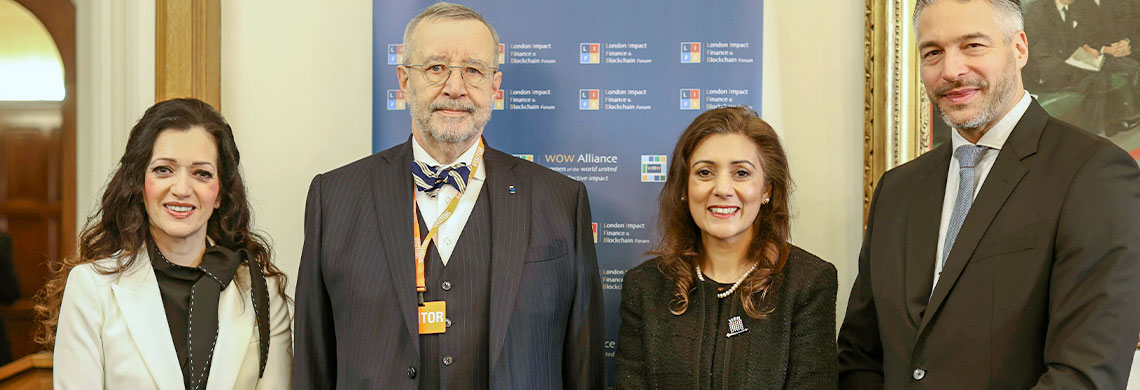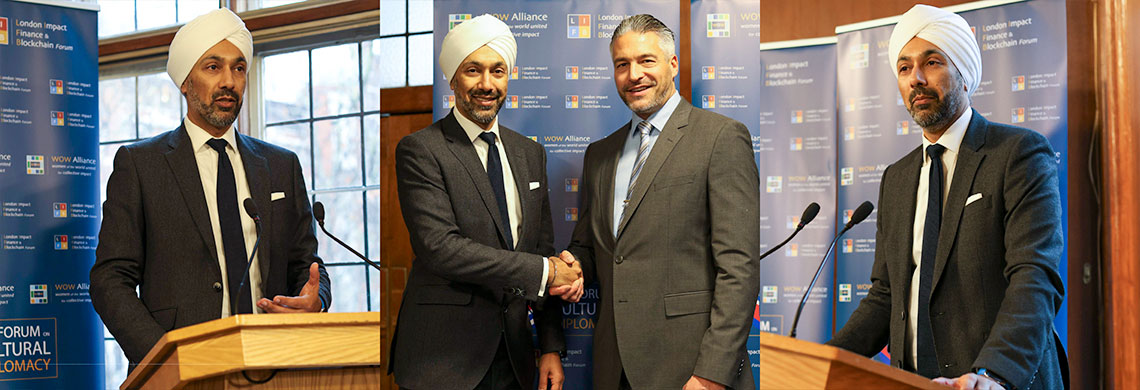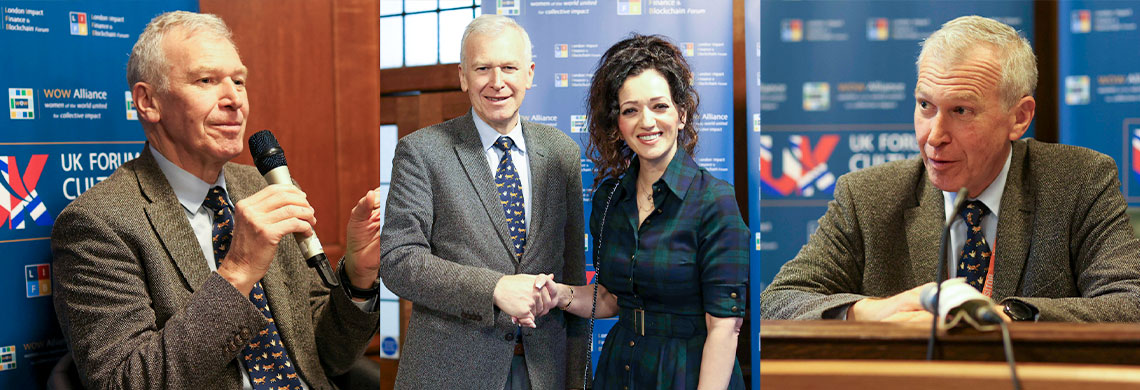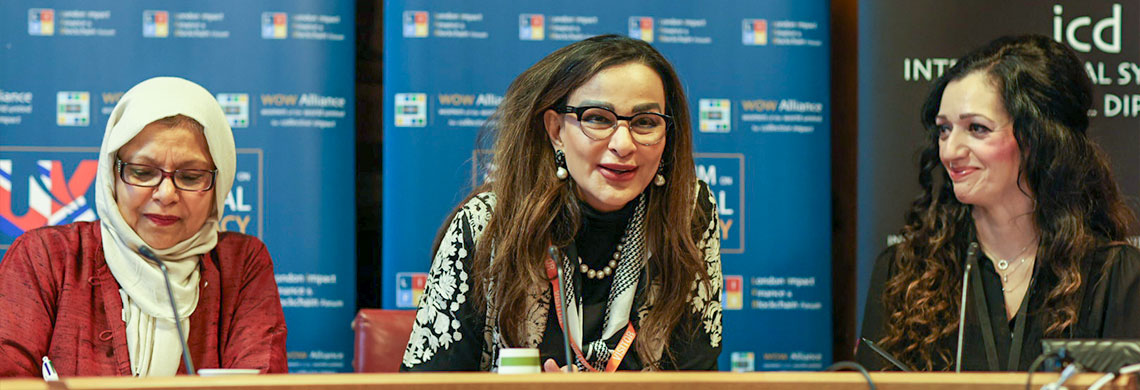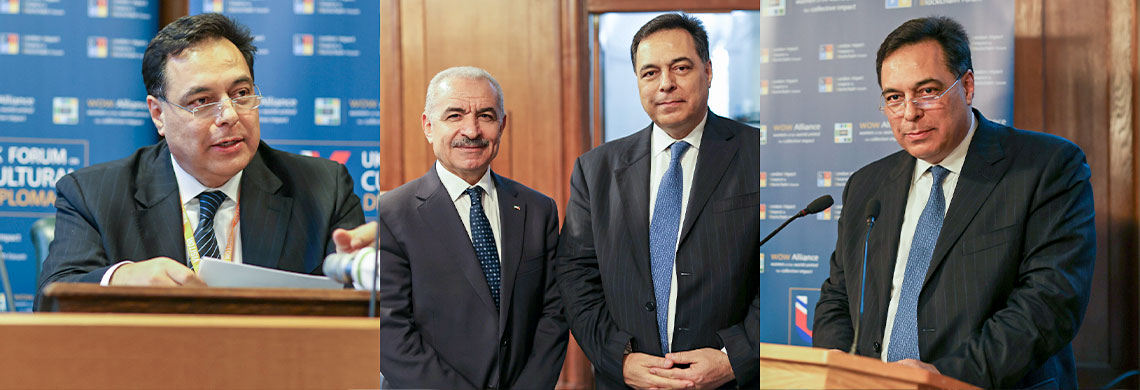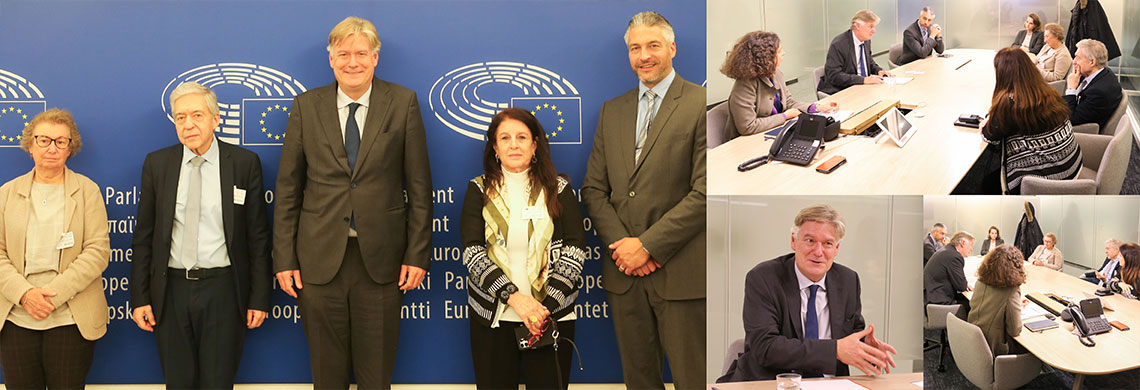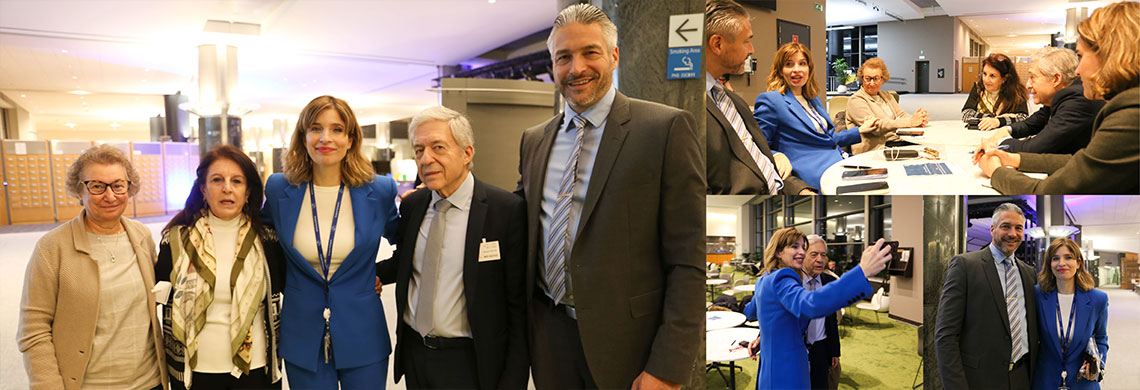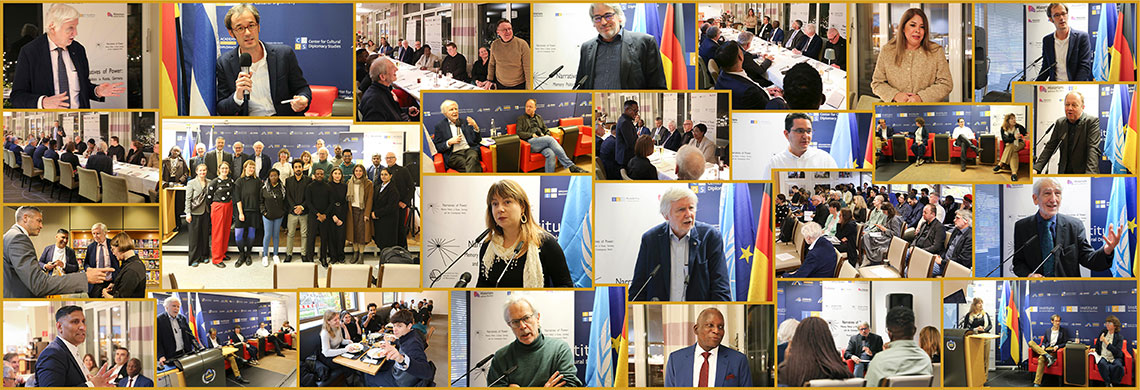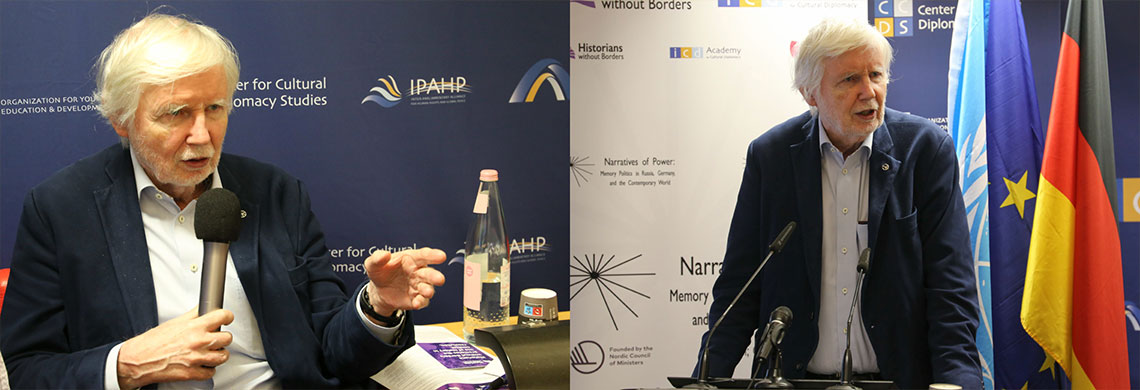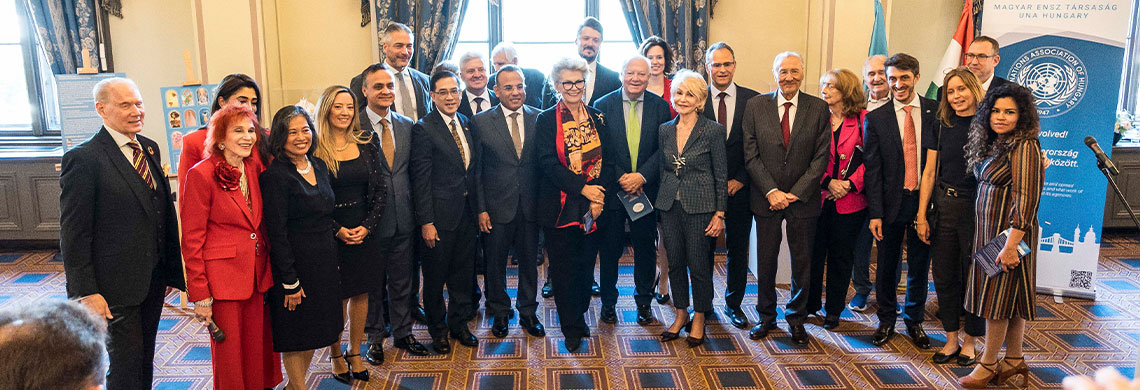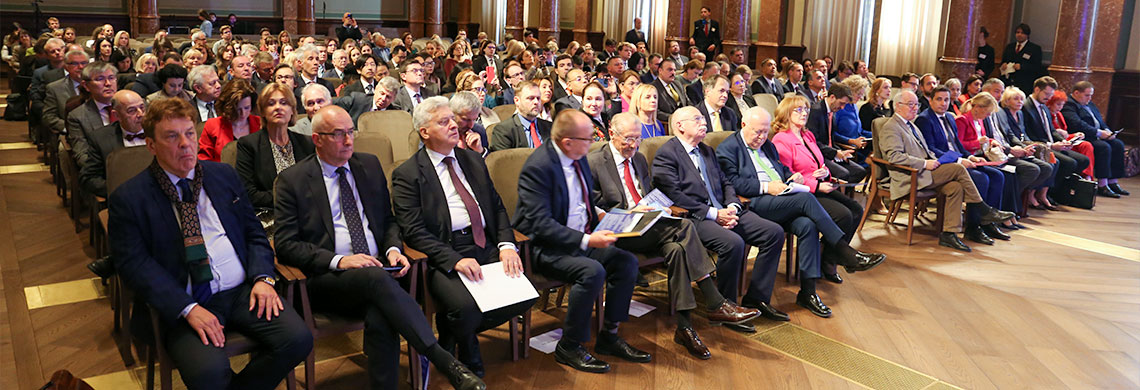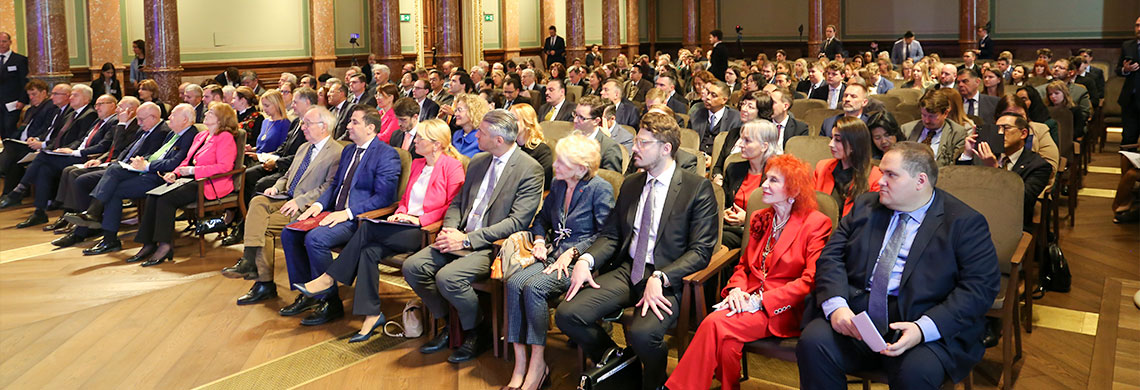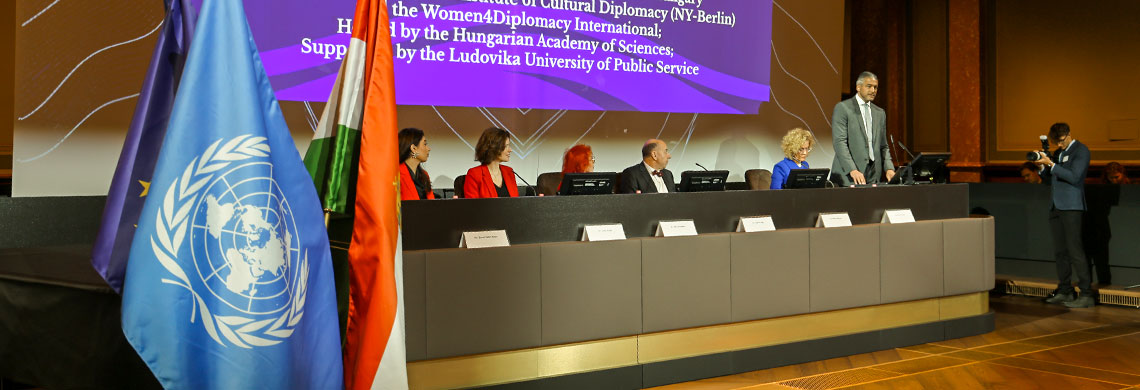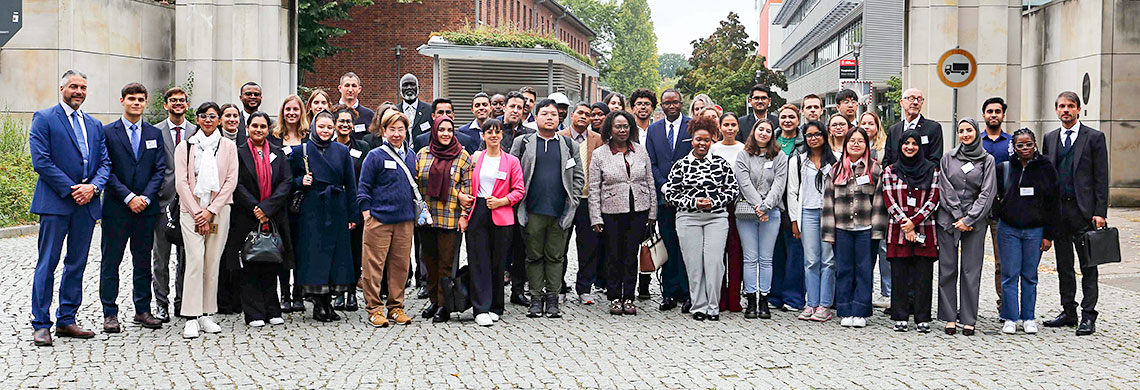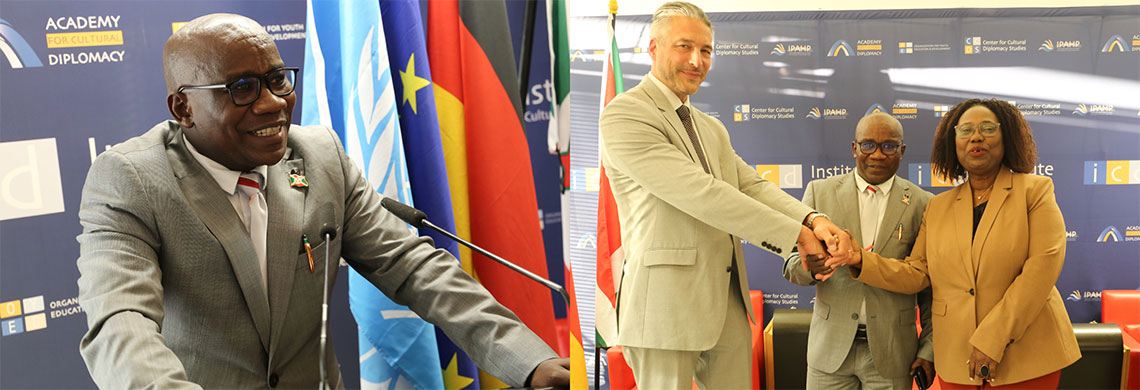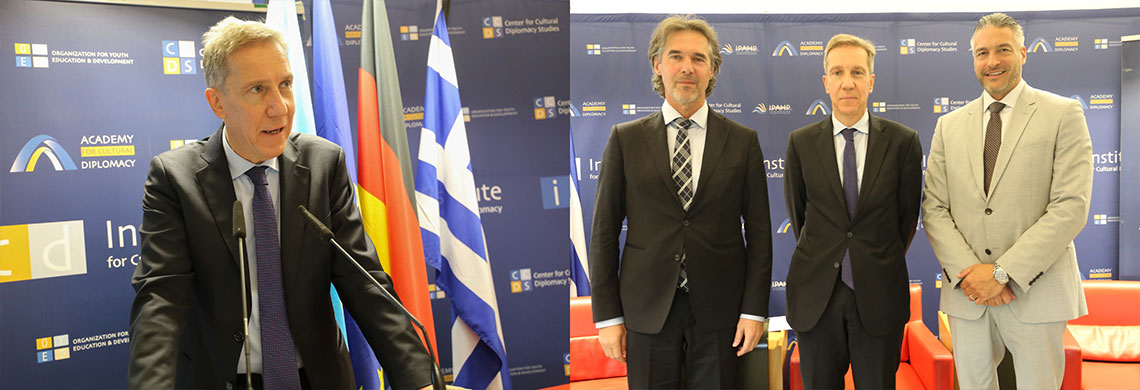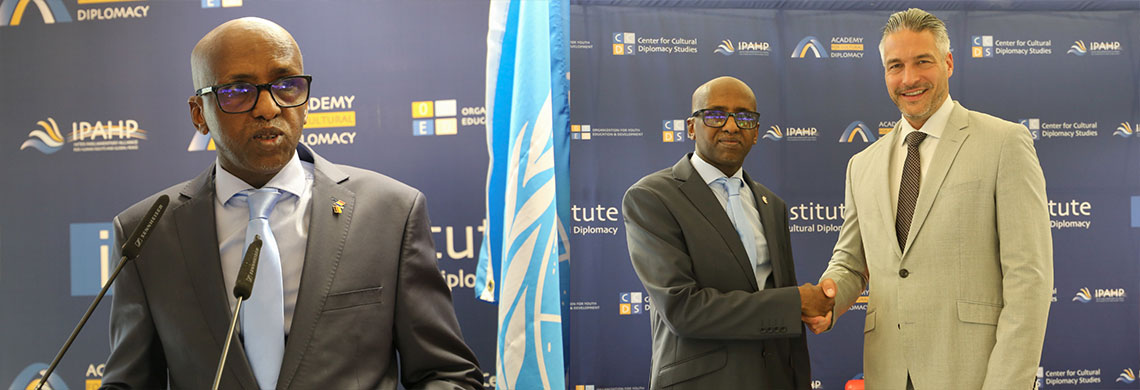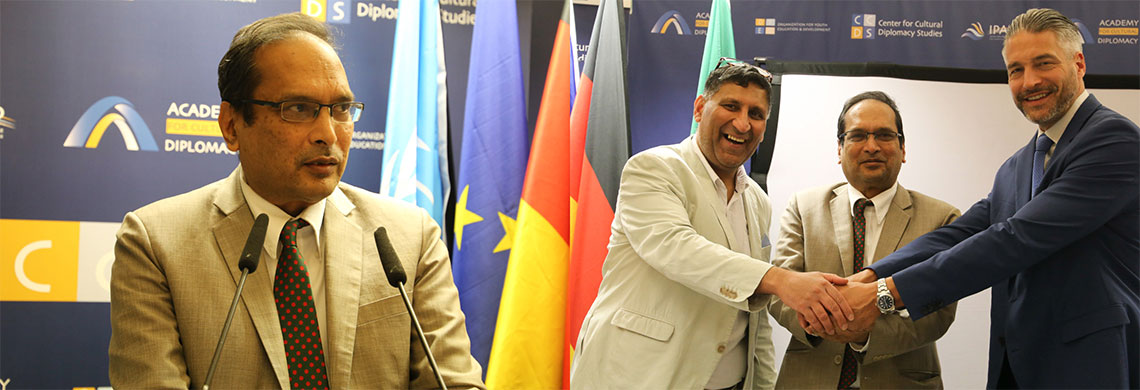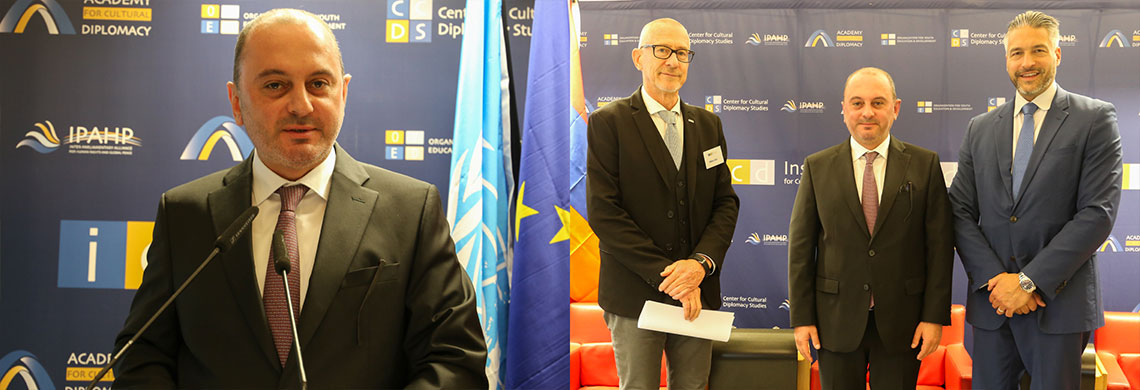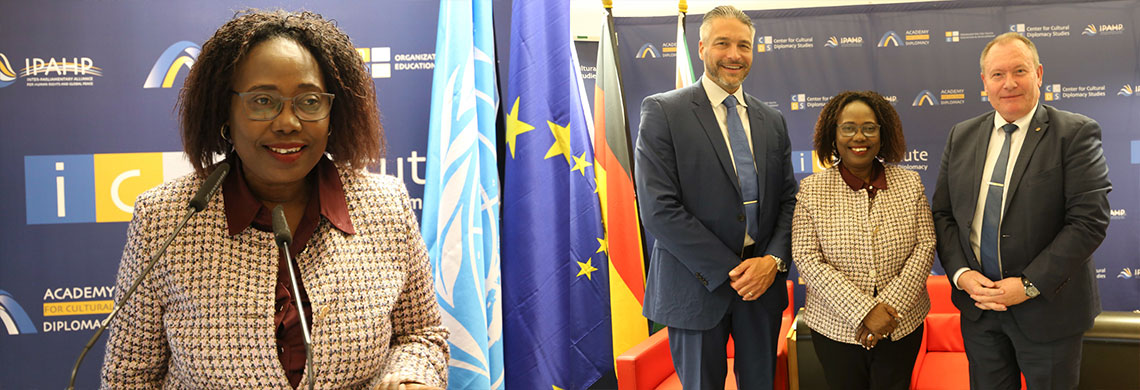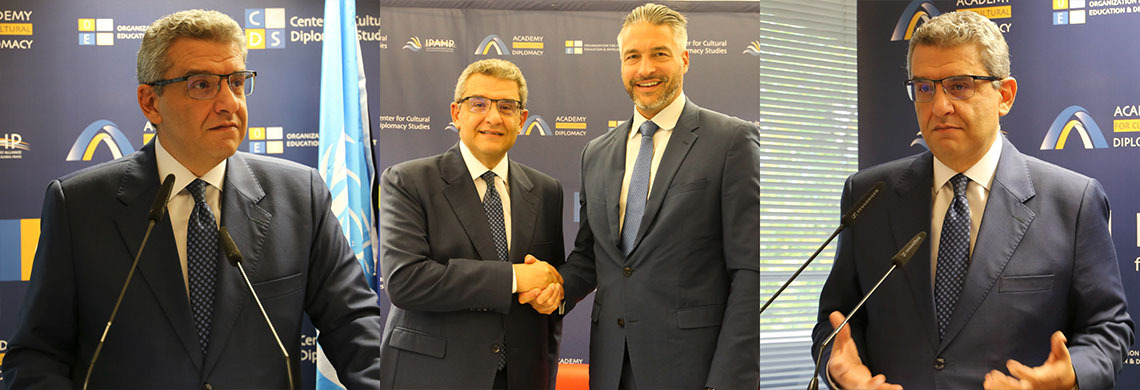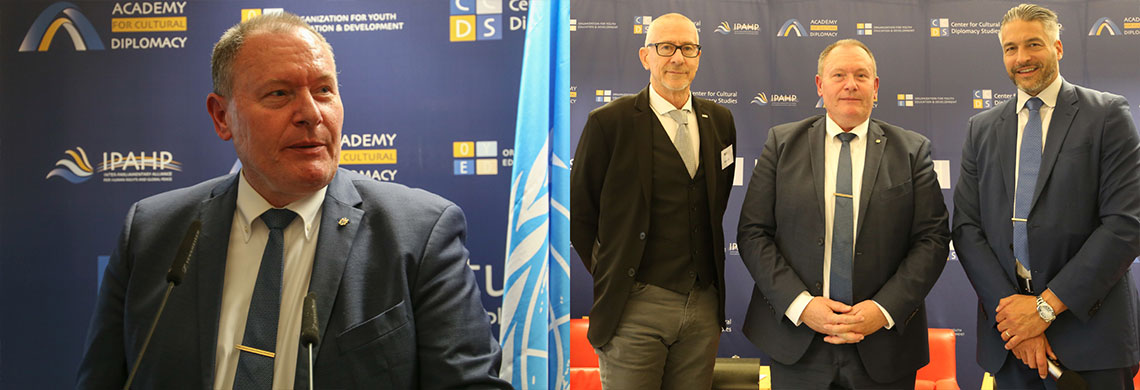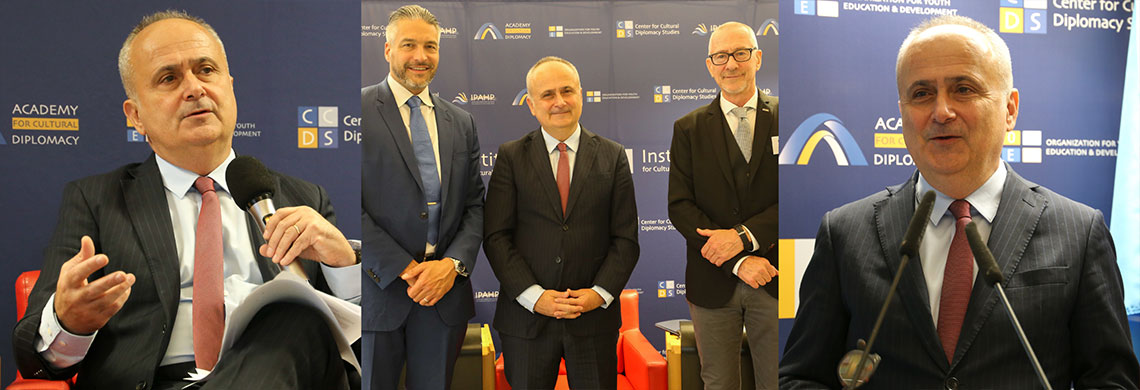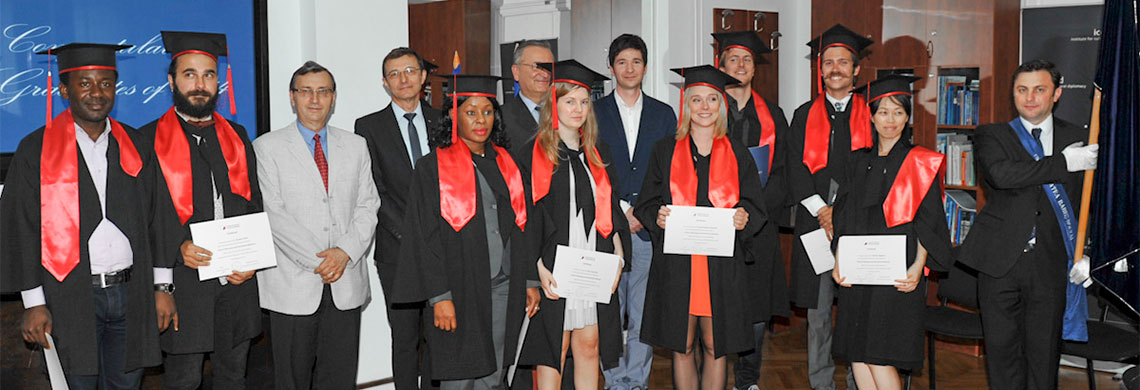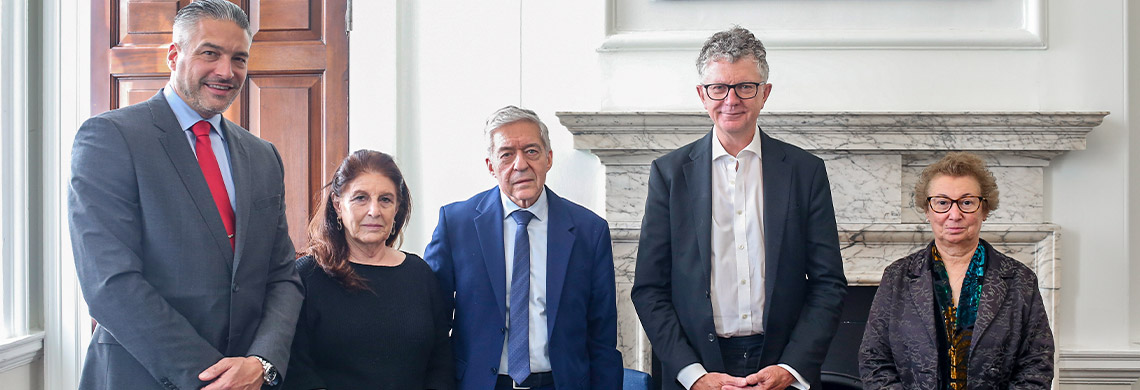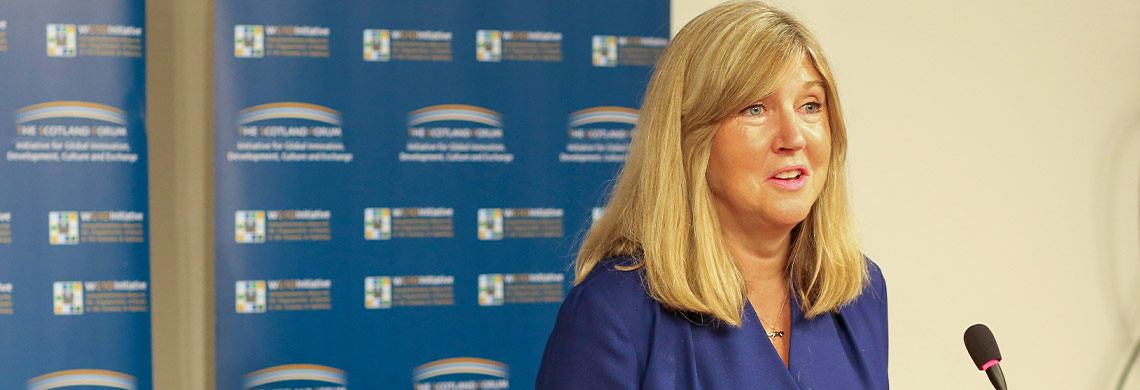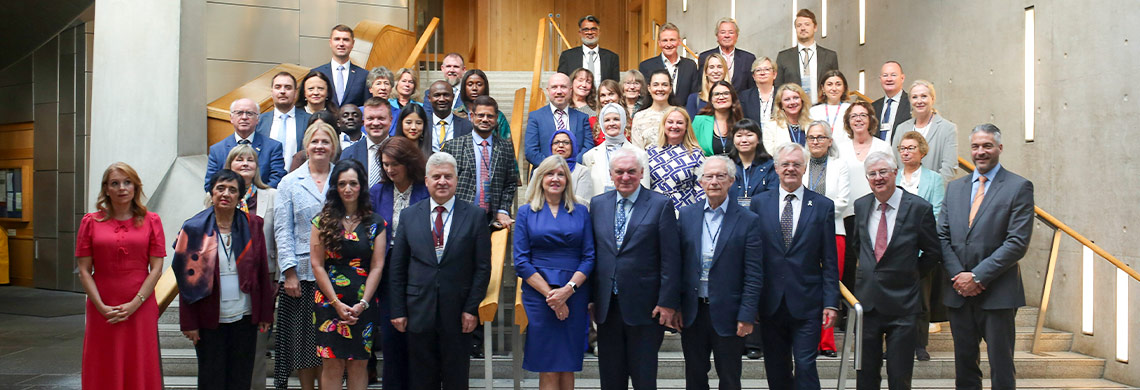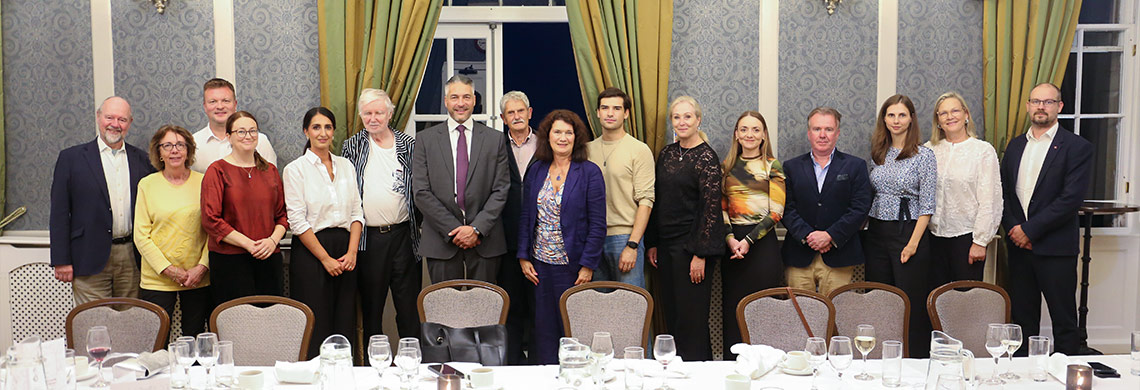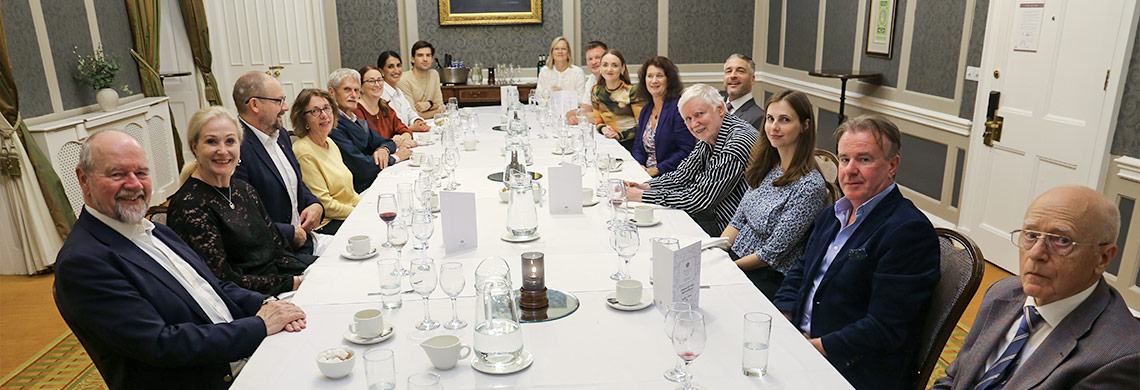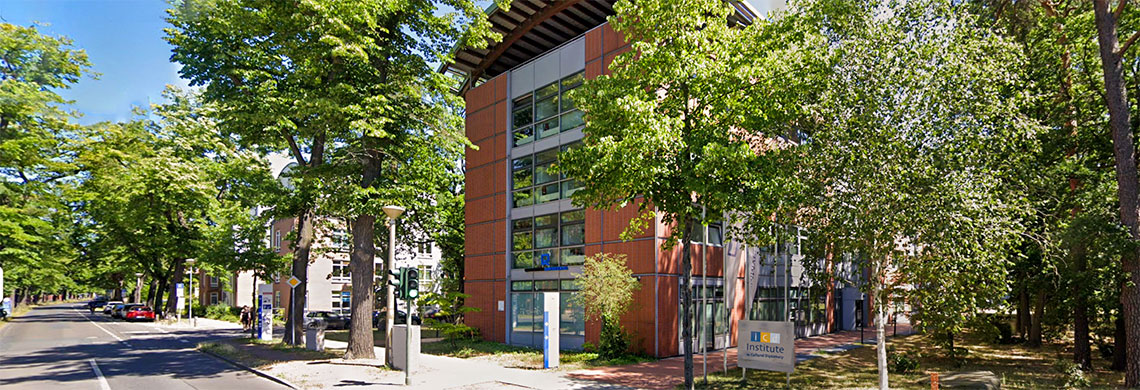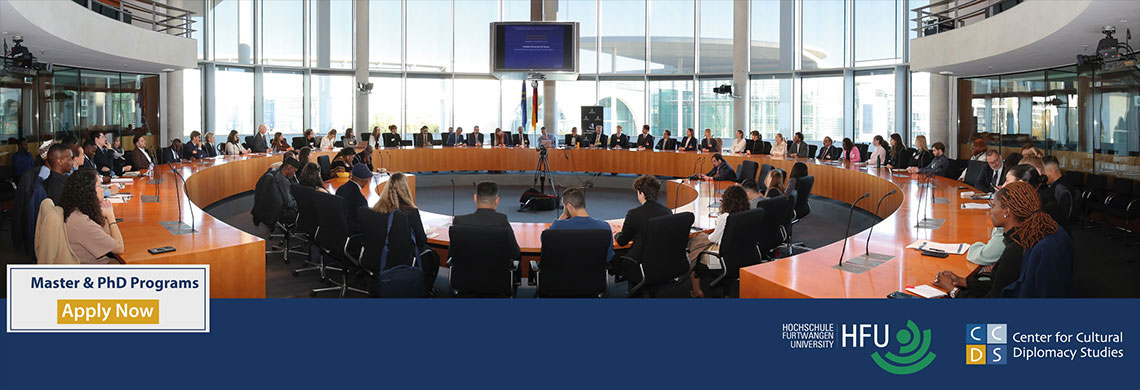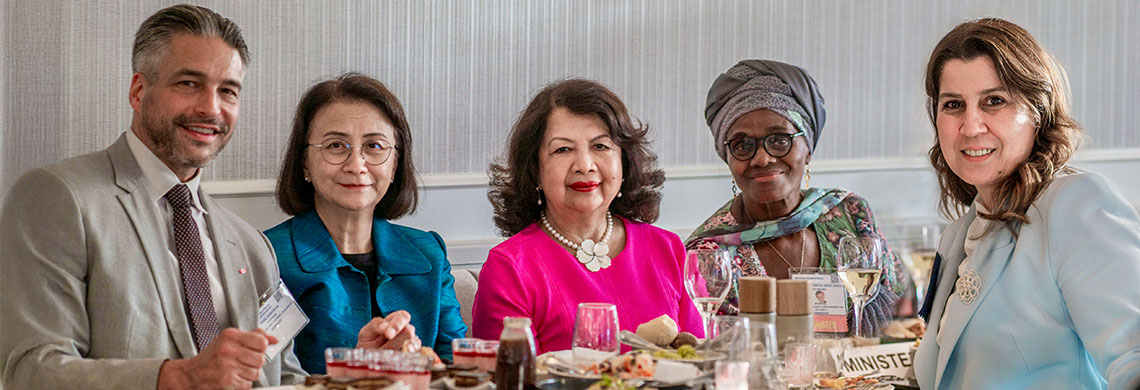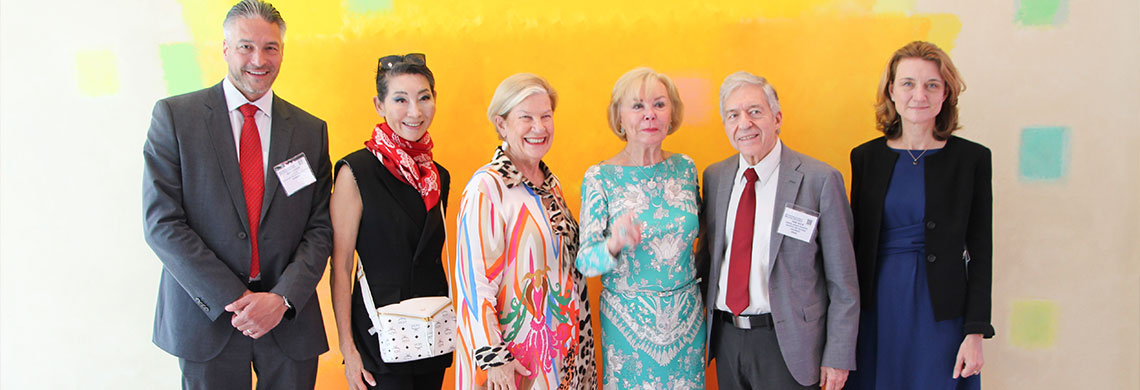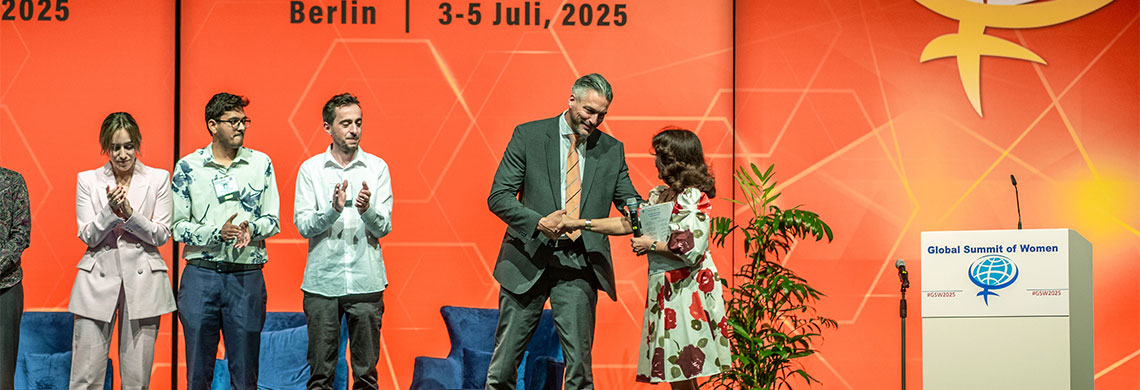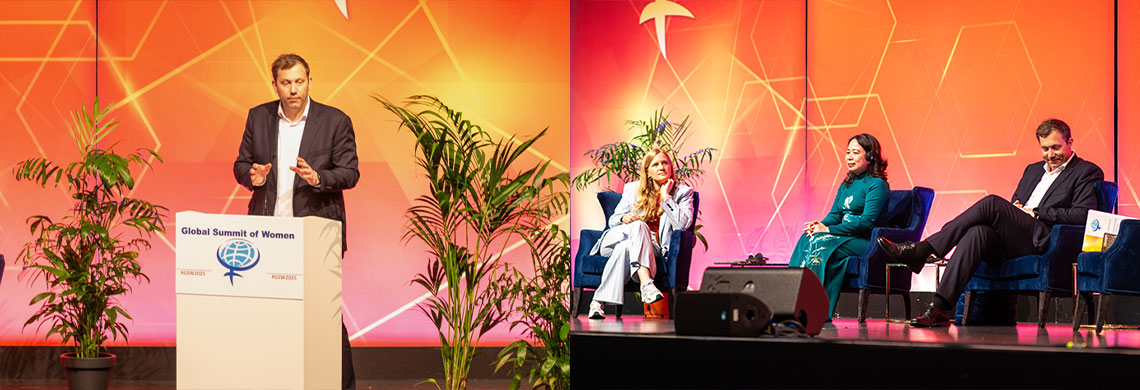Gerassimos D. Arsenis

Gerassimos D. Arsenis was born in Cephalonia (Greece) and has had an illustrious career in politics, internationally with the UN and nationally in Greece. At university, he studied law and graduated from the Law School of the University of Athens in 1955. He pursued his post-graduate studies in America where he studied economics, graduating from Massachusetts Institute of Technology (MIT) in 1960. His thesis at MIT titled The Two - Gap Analysis: A Proposal for North - South Cooperation caught the eye of the United Nations in 1964 and was used for the basis UNCTAD I(United Nations Conference on Trade and Development) negotiations. Following this, between 1960-64 he served as an economist at the UN working on the implementation of UNCTAD.
He then briefly worked at the OECD Development Centre in Paris as Director of the Research Division. In 1967, Arsenis returned to the UN where he was appointed Senior Economist and in 1974 as Director of UNCTAD. During his period as director he was involved in research and negotiations for reform of the international monetary system. Between 1974 and 1980 he was the UNCTAD independent expert to the IMF Interim Committee. Here he contributed to various proposals including the link between the creation of international liquidity (SDRs) and development assistance and the coordination of programme assistance of the World Bank and the balance-of-payments financing of IMF for an effective stabilization cum development support scheme.
In 1981, Gerassimos Arsenis returned to Greece at the invitation of Prime Minister Andreas Papandreou and was briefly appointed Governor of the Bank of Greece. Eight months later he was appointed Minister of Economics, whilst continuing his position as head of the bank. He played an important role in the economy of Greece, liberalising the financial system, modernising regulation, and making the Greek economy more competitive. As Minister of Economics, he introduced VAT and was a strong proponent of decentralisation, viewing it as vital for a participatory democracy. In this period he became widely known as the ‘economy tsar’.
In 1986, he made his first move into the political sphere and was elected into the Greek parliament for PASOK (Pan-Hellenic Socialist Movement) and became a state deputy. He briefly broke away from the PASOK and formed his own party the Greek Socialist Party, however this failed to take make a large impact in Greece and he was readmitted into the PASOK in 1989.
Arsenis was re-elected into parliament in 1990. Between October 1993 and September 1996 he held the position of National Defence Minister. Whilst Minister in this department, he promoted the Joint Defence Dogma with Cyprus aimed at preventing conflict between the two. He restructured defence procurement and pursued cooperative policies with many other countries. In 1996 he was appointed as Minister of Education and Religious Affairs a post he held until 2000. This is also perhaps one of his most controversial postings, due to the contentious sweeping reforms in education policy he undertook.


